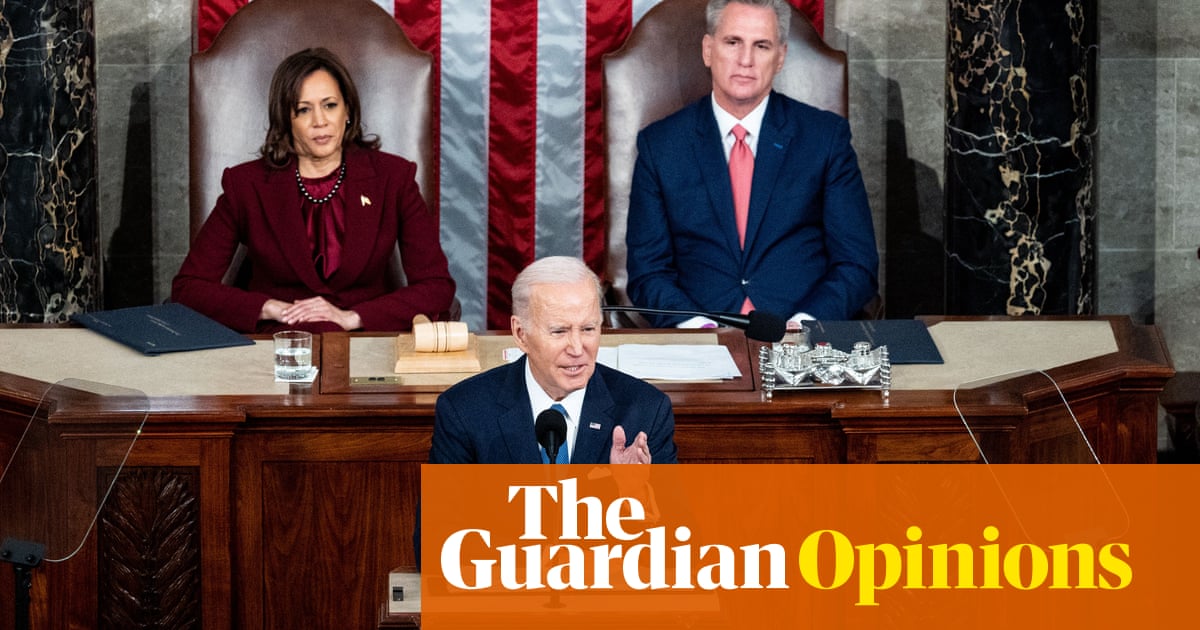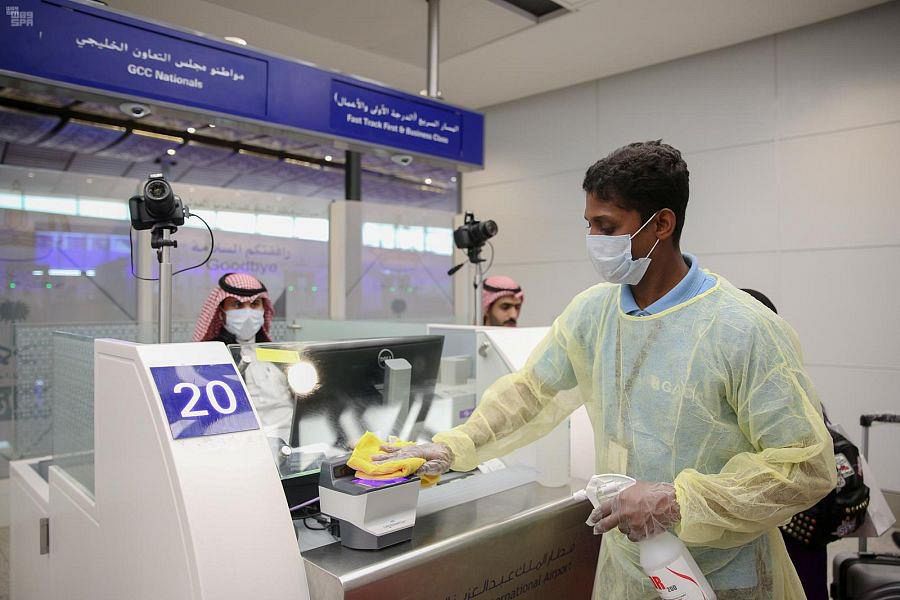
f all the political slogans to make an unexpected comeback, Norman Tebbit’s “On yer bike” must be one of the most unlikely. When the then employment secretary told the 1981 Conservative party conference that, in the 1930s, his jobless father hadn’t rioted but had rather “got on his bike and looked for work”, he delighted delegates but outraged many of the hundreds of thousands of newly unemployed for whom there was no work to be found.
But now workers are once again being encouraged to get on their bikes, or walk, to get to work. In his address to the nation on Sunday night, Boris Johnson urged: “You should go to work if you can’t work from home.” And because social distancing cannot be guaranteed on buses and trains, he added: “If possible do so by car or even better by walking or bicycle.”
Today was the official back-to-work day. But, surprise, the prime minister’s advice has been ignored – and widely shared pictures show crowded buses, trains and the London underground. Who knew? People on lower incomes, who do not own a car or who live several miles from their workplace, cannot walk or ride a bike to get to work. They need public transport, as city planners have known for well over a century.
Officials are doing their best, and have provided “safer travel guidance” for those who find themselves required to go back in to work. “If you do travel, thinking carefully about the times, routes and ways you travel will mean we will all have more space to stay safe,” it states, hopefully.
But many commuters have little choice over their start times, or route to work. And so they have to risk their lives at the start and end of every day.
The coronavirus crisis has exposed what already existed – the inequalities we should have been aware of but perhaps for too much of the time ignored. We have had, crudely, a two-tier workforce for many years. While “white-collar” professionals have been able to relocate their screen-based work to home, others, mostly poorer paid, are now cramming in to overcrowded buses and trains to get to work, to complete a shift that provides barely enough to live on. And it is these workers – security staff, transport workers, construction workers, cleaners, as well as health and care professionals – who have been, and remain, most at risk of infection. And if they’re black or Asian, dying at three to four times the rate of white British people, they face a stark race inequality as well as the class divide.
For years we have been told that there has been a jobs miracle in this country, with high levels of employment and falling levels of joblessness. But the headline figures and proud claims have concealed a different picture. For one thing, there has been significant population growth, so the increase in job numbers has not necessarily been so remarkable.
But it is the poor quality of the jobs created – their “precarity” – which has been less trumpeted by the government. It is a bit late now to salute essential workers and thank them for what they are doing when they have been underpaid and neglected for so long. A round of applause once a week, however heartfelt, provides no protection against the virus and does nothing to help with the cost of living.
This crisis could be a moment to rethink how work is organised and rewarded, what sort of jobs we need to be done, and how to try to make sure these jobs can provide worthwhile careers. There is no shortage of overpaid “bullshit economy” jobs – corporate apparatchiks, consultants and City traders. Surely it’s time the true value of people’s contribution to our lives should be recognised.
While the government calls for people to be “encouraged” back to work, the extension of its furlough programme to the end of October reveals the truth: it is not yet safe for many people to return. It is not good enough for the comfortably housed and generously paid to order lower-paid workers to expose themselves to unnecessary risk. More progress is needed on reducing coronavirus infection rates before a widescale return to work can be contemplated.
Work is a practical matter that involves completing tasks and meeting needs. That is one of the lessons of the past few weeks. We have taken too many people in the workforce for granted for too long, while our leaders have loftily declared economic triumph.
General Omar Bradley, commander of US forces at the D-Day landings, said: “Amateurs talk about strategy. Professionals talk about logistics.” The logistics of getting safely to and from work should be what concerns us all now. Stay alert.
• Stefan Stern is co-author of Myths of Management and the former director of the High Pay Centre












